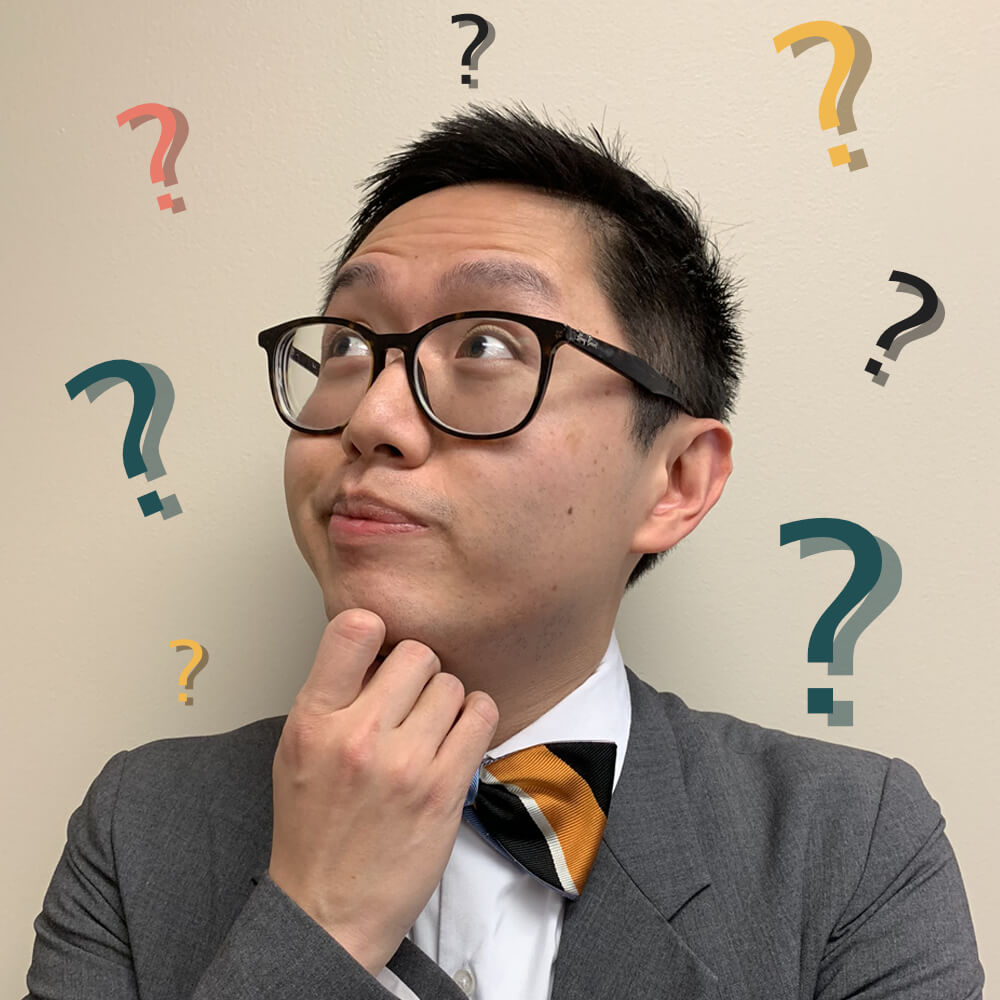
When I was in high school, I learned the basics of Math, Sciences, History, English, and other things. In retrospect, life was simple. My decisions I had to make were few and impacted very little.
I studied accounting in college. Decisions in accounting have more of an impact as they can over or understate revenue, overlook fraud, or improperly account for variable costs to run a business. But the decisions didn’t feel like they had much weight. You simply needed to account for things appropriately.
I went to law school next. Decisions in the legal field were made with absolute precision and care. At a minimum, there are three parties involved. The judge, the plaintiff, and the defendant. All three of them work to get the law and the facts straight so the judge can make a decision. The judge has the luxury to have everything in advance. The only task is to apply the law to the facts in a consistent and coherent manner. Easy? Relatively so, yes.
I went to medical school next. Medical school trains you through a lot of memorization and running around. Although it was very annoying, I realized that it was training to learn how to make a decision with imperfect information. You don’t always have the luxury of every lab, or all the history, or access to a cooperative patient. But at every phase of the medical profession, you need to make a decision on what to do for the patient.
The next step after medical school is residency. Residency is where you train as a doctor under other more experienced doctors on the art of this decision-making. Eventually, you become more autonomous on what to do for your patient and you are ready to practice on your own.
After residency, I started my job. That is when the truly hard decisions needed to be made. The psychotic patient on the unit is becoming violent and no medications are working on them. What do you do? A patient attempted to commit suicide the other day with the bedsheets. What do you do? A patient is doing fine, has no insurance, and hospital policy requires you to schedule an outpatient appointment…which requires insurance. What do you do?
The value of my work increased as the decisions I needed to make became harder and harder. But as I progress from accounting to law to medicine, I found that the hard decisions are hard because there’s little information and few resources. What does one do?
If you are able to master the art of making Hard Decisions, you will be able to flourish in spaces that most people wouldn’t want to be in. This makes you a leader. When people are relying on your decision-making process during times of uncertainty and limited resources, when you come out successful, you will be needed again.
I’ve personally found that the art of making Hard Decisions rests in having great clarity in process, not necessarily facts. Perhaps it’ll be worth talking about next week.

Chez Eric Media